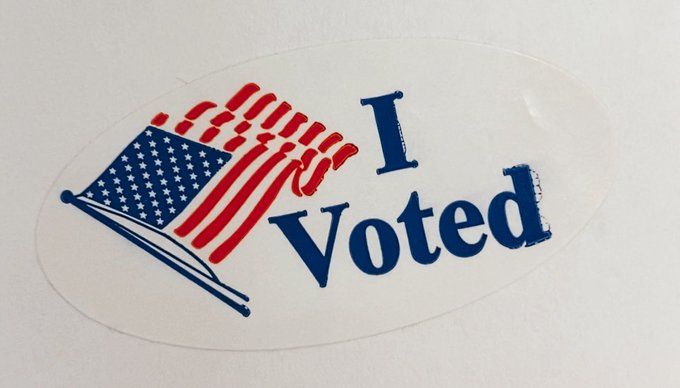The question has been debated for decades in the U.S., most notably during the military draft for the Vietnam War. The concept of “old enough to fight, old enough to vote” lead to the passage of the Twenty-sixth Amendment in 1971, lowering the federal voting age from 21 to 18 years old.
It’s being asked again this year in California, where adolescent voting is on the ballot in Proposition 18, which would allow 17-years-olds to vote in primary elections if they will be 18 and otherwise legally eligible to vote in the next general election. Similar laws are already in place in 19 states, from deep-blue Connecticut to reliably red Kentucky.
Yet arguments around the topic have raised some misconceptions about adolescent brain development and decision making. To set the record straight, I asked Dr. Adriana Galván, a neuroscientist and psychology professor at UCLA (and one of our co-executive directors) who studies the developing adolescent brain about whether soon-to-be 18-year-olds are ready for the responsibility of a primary ballot.
The fact is, during later adolescence, we’re capable of reasoning as well as adults when we make decisions with the time and space to deliberately weigh different options. And although adults are often held up as the standard, some biases that affect decision-making seem to be higher when we’re adults than when we’re younger.
“Adolescents won’t be making political decisions in an emotionally supercharged way,” Galván explains. “They’re not going to be sitting around with their friends, they can really be more objective and cognitive about because they’re reading arguments.”
She adds that this is the age when kids start to be trusted to make rational arguments and participate in decision-making in many aspects of their lives (at 17, you can enlist in all branches of the military, for example). It’s also the time when we begin to form habits that can last into adulthood—habits like voting.
By 17 and 18, we have the cognitive and emotional abilities to consider the needs and perspectives of others and to consider complex issues. And more and more of the complex issues on the ballot, from school funding to climate change, affect young people and their futures more than many of us older voters.
Finally, it’s important to note that skills related to decision-making and reasoning don’t simply pop online at 18 years old. Like every skill, they require practice and support, which may be more readily available when we’re still living at home.
There’s no magic age that is officially “old enough,” but from a research-based perspective, adolescents who will be 18 by the general election have the cognitive maturity to evaluate pros and cons of an argument and make a well-reasoned decision in the best interest of their communities.
That’s all we can ask of voters of any age.



